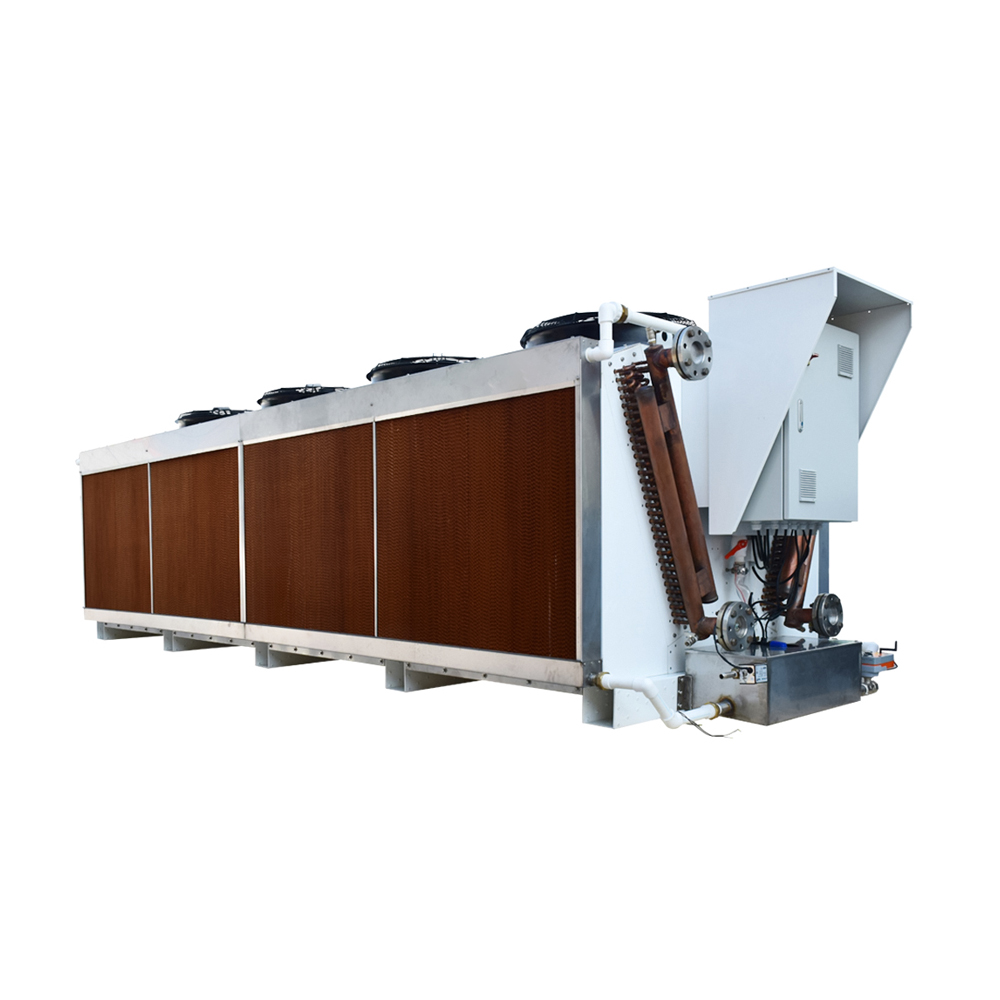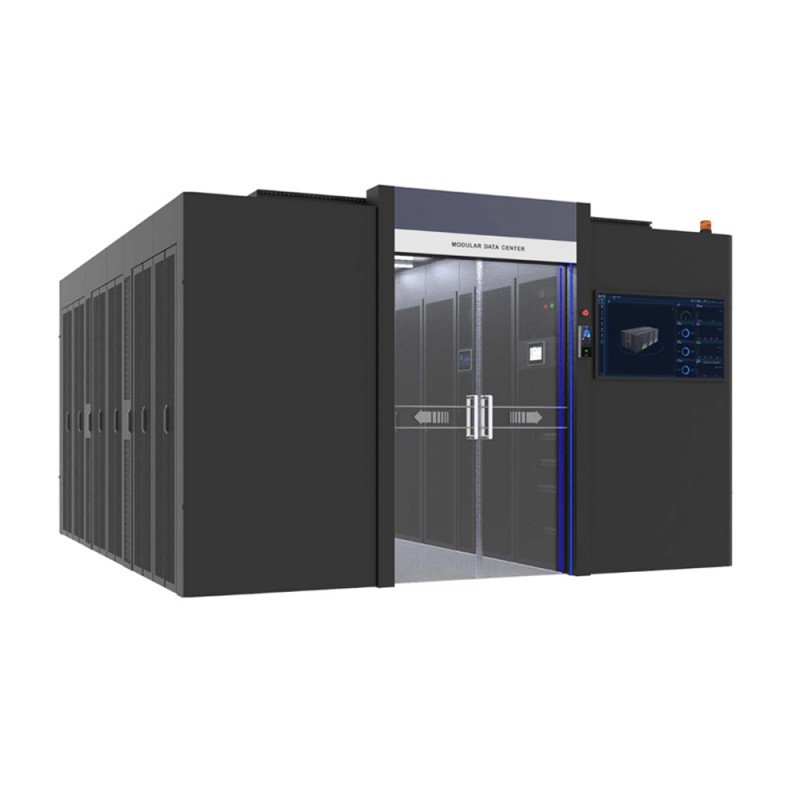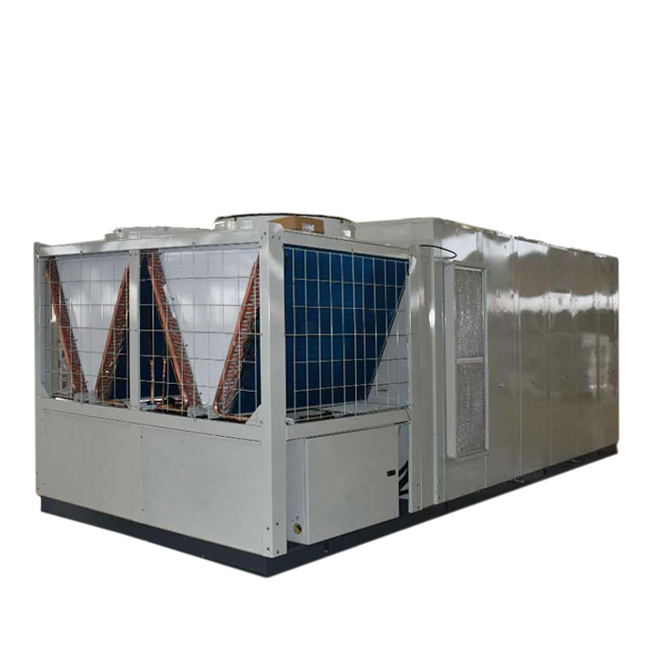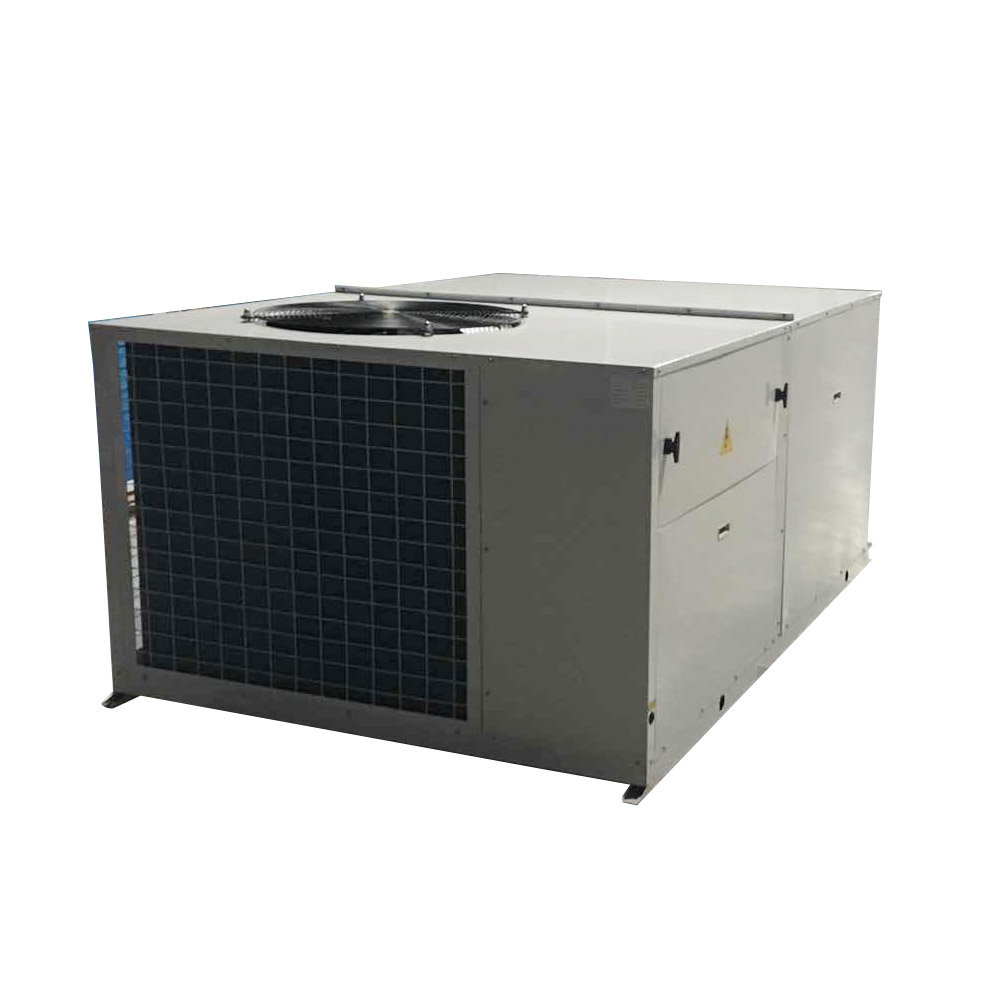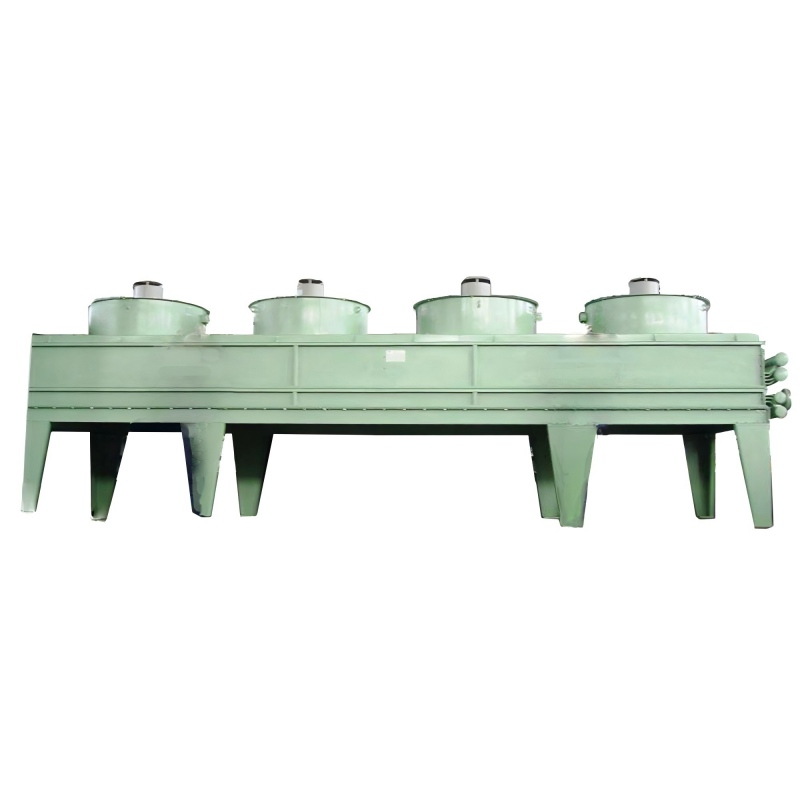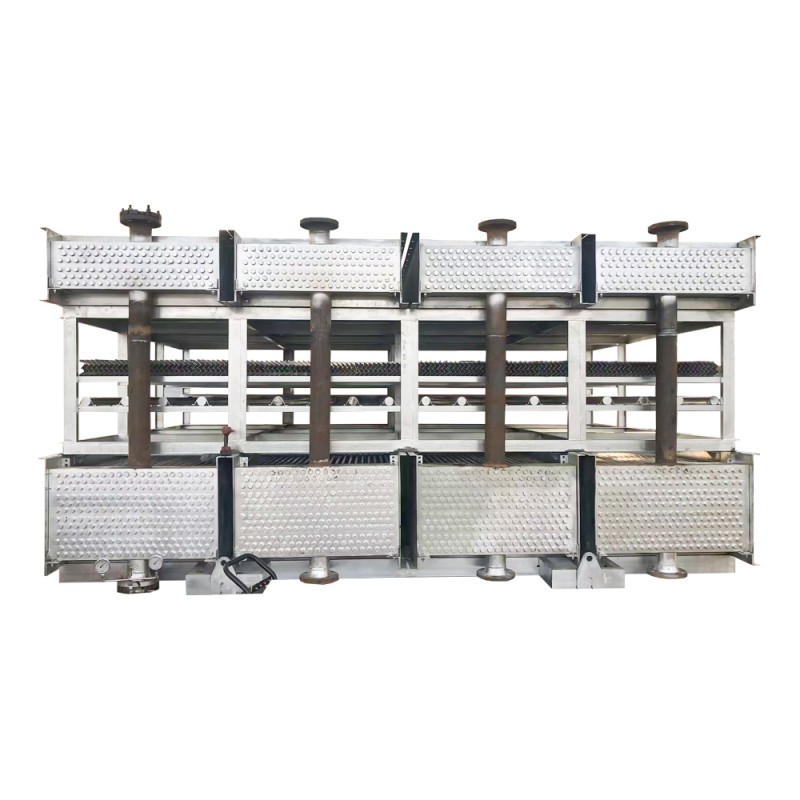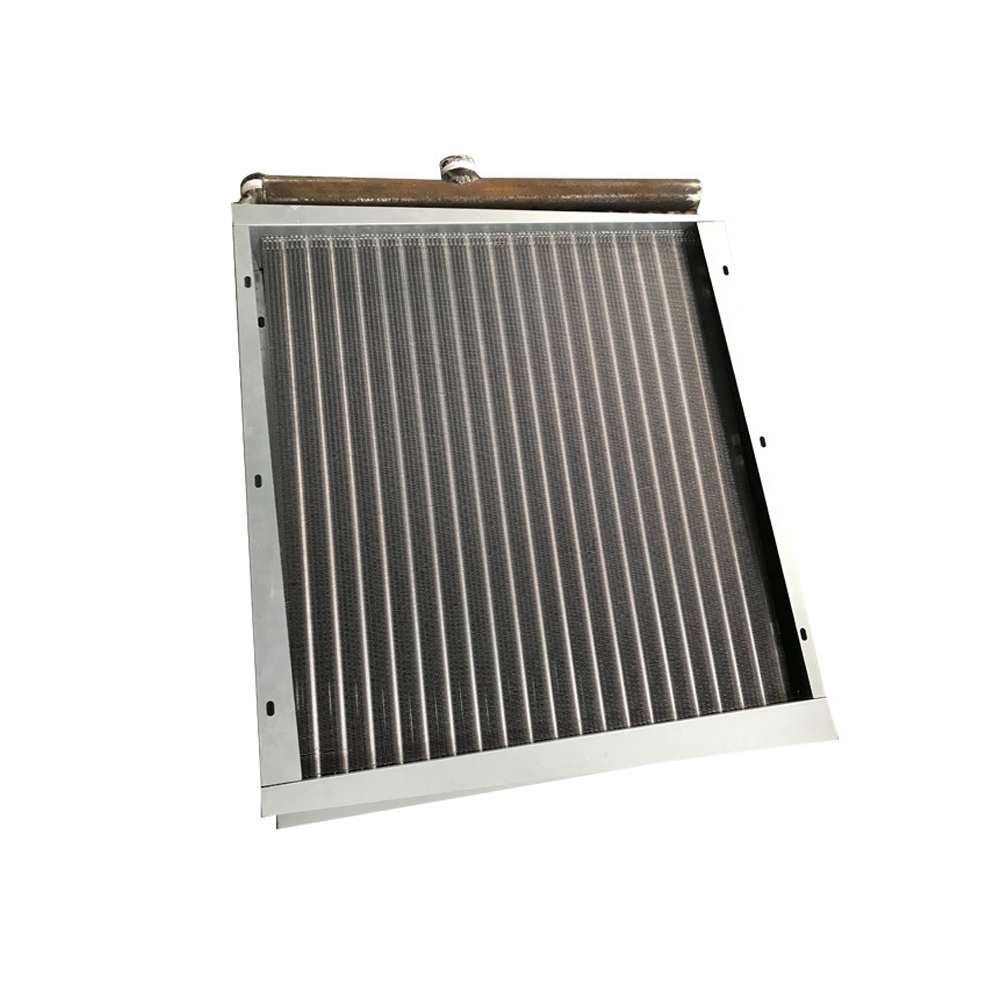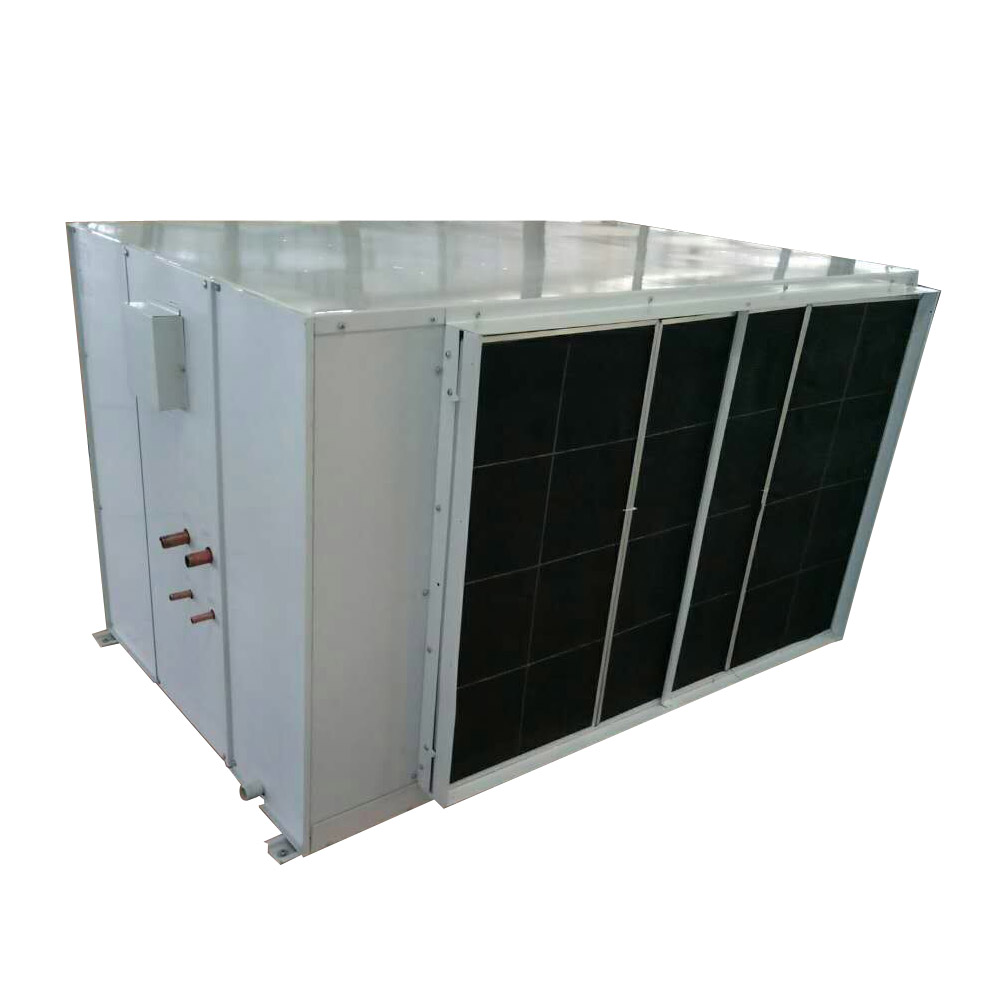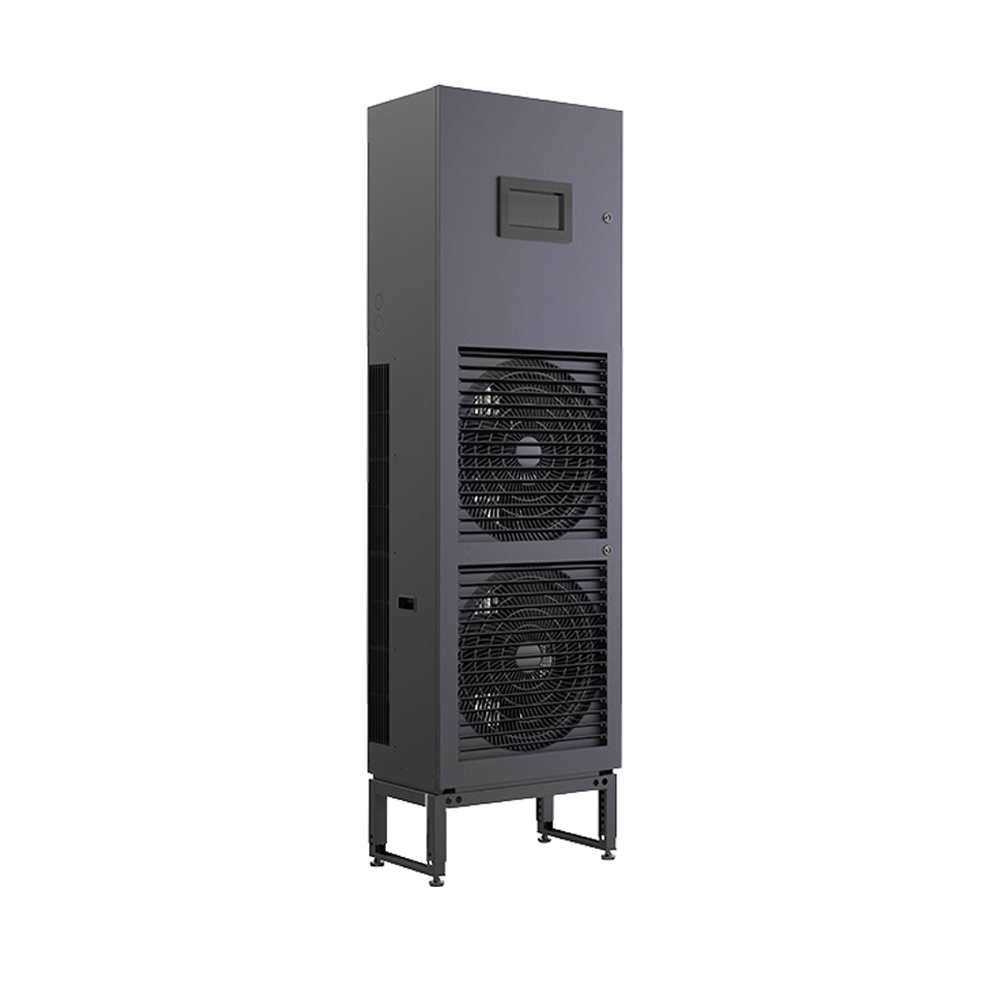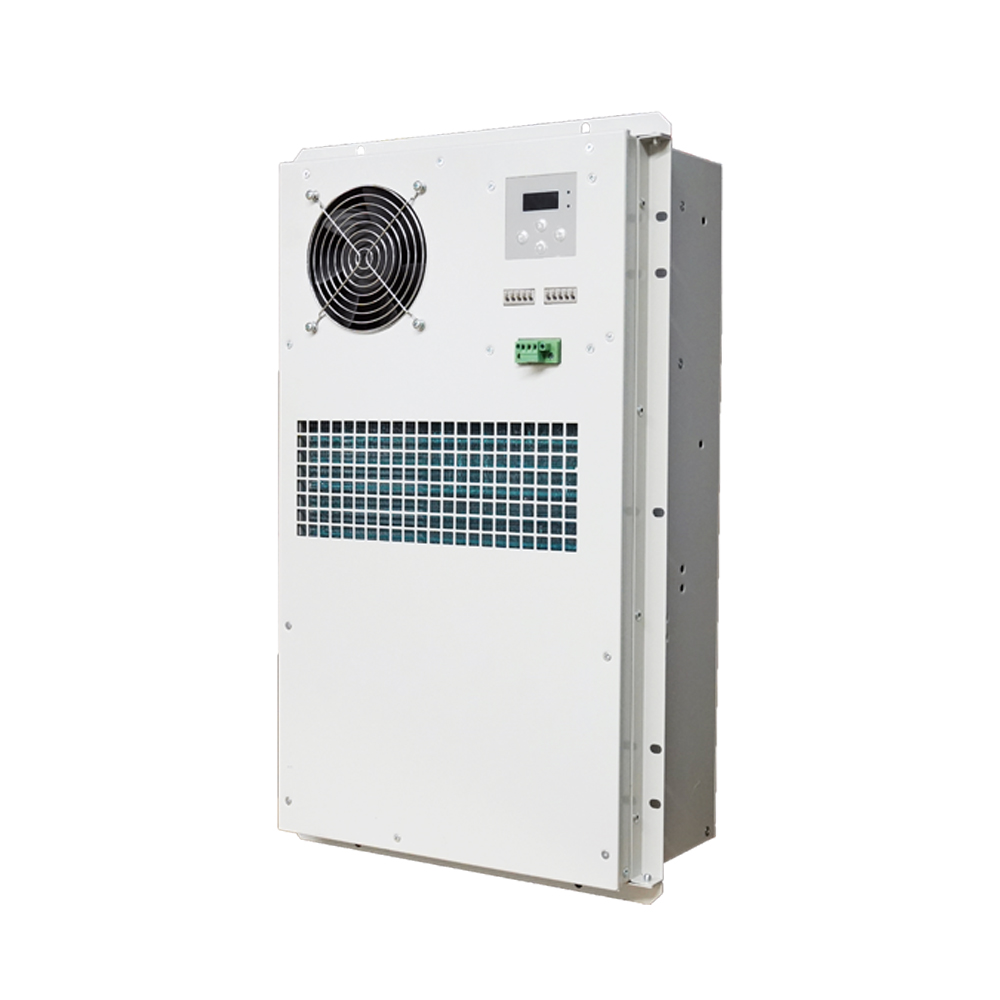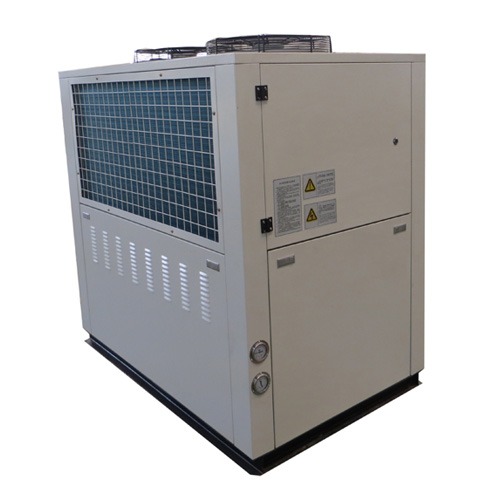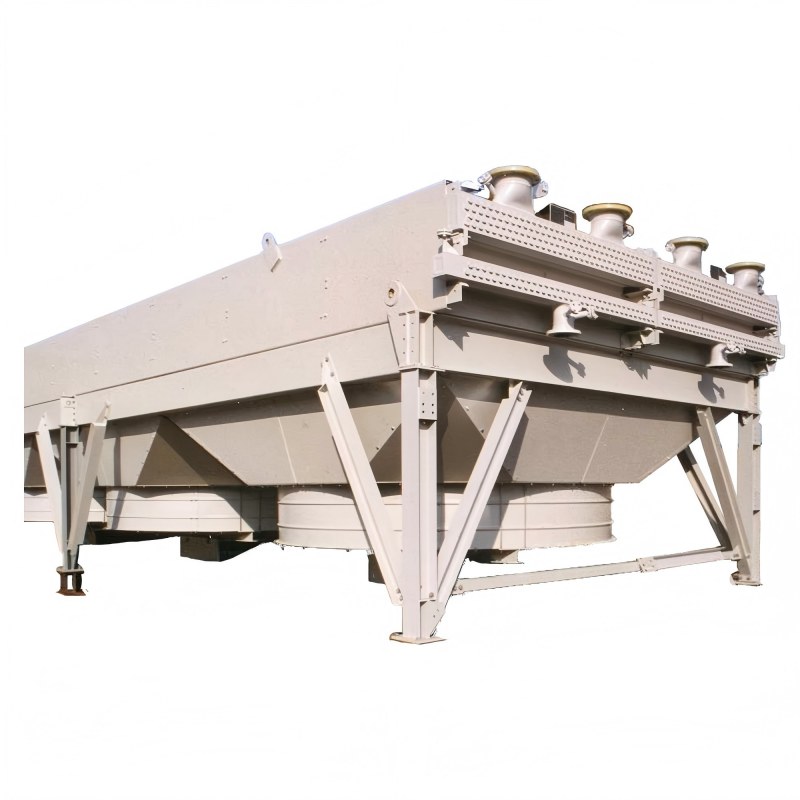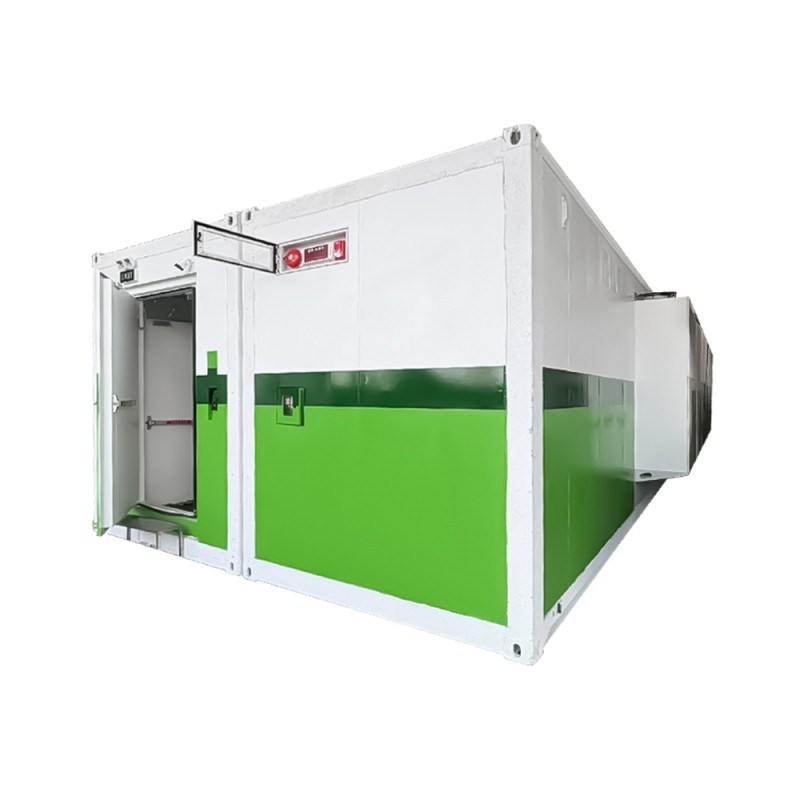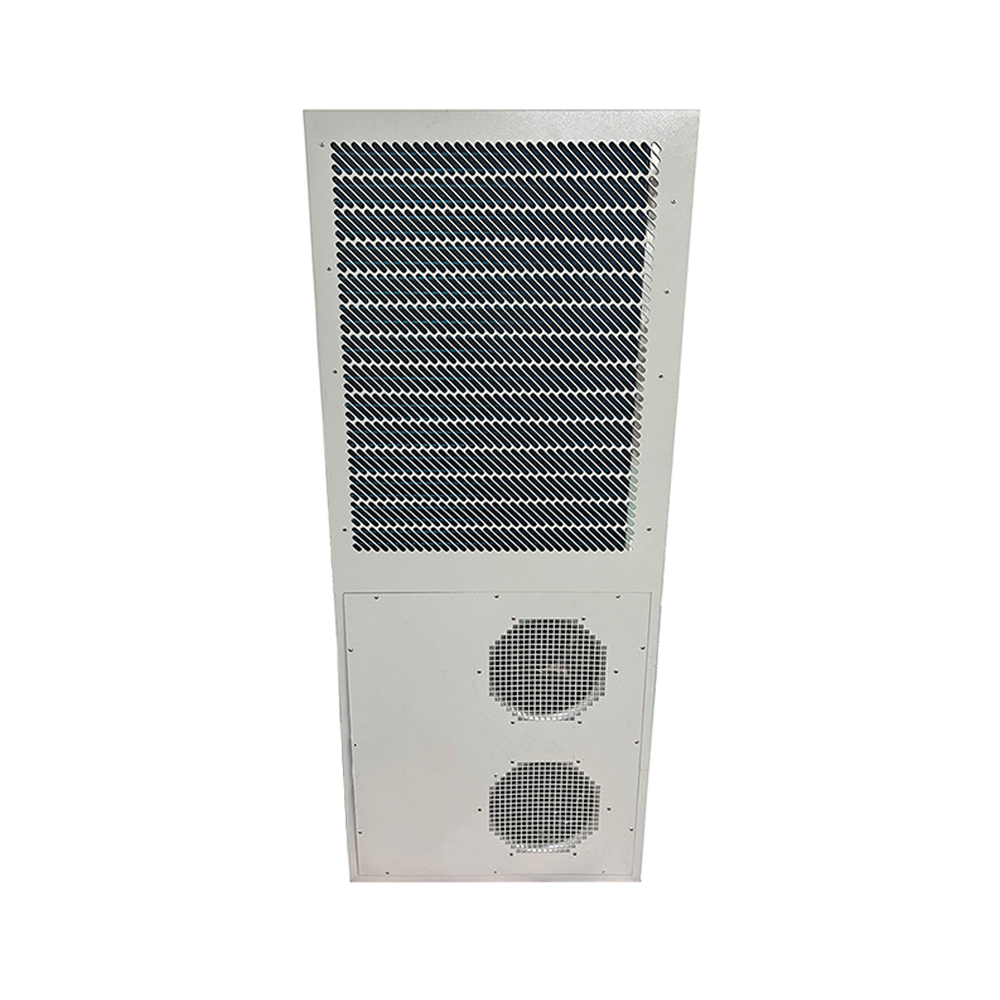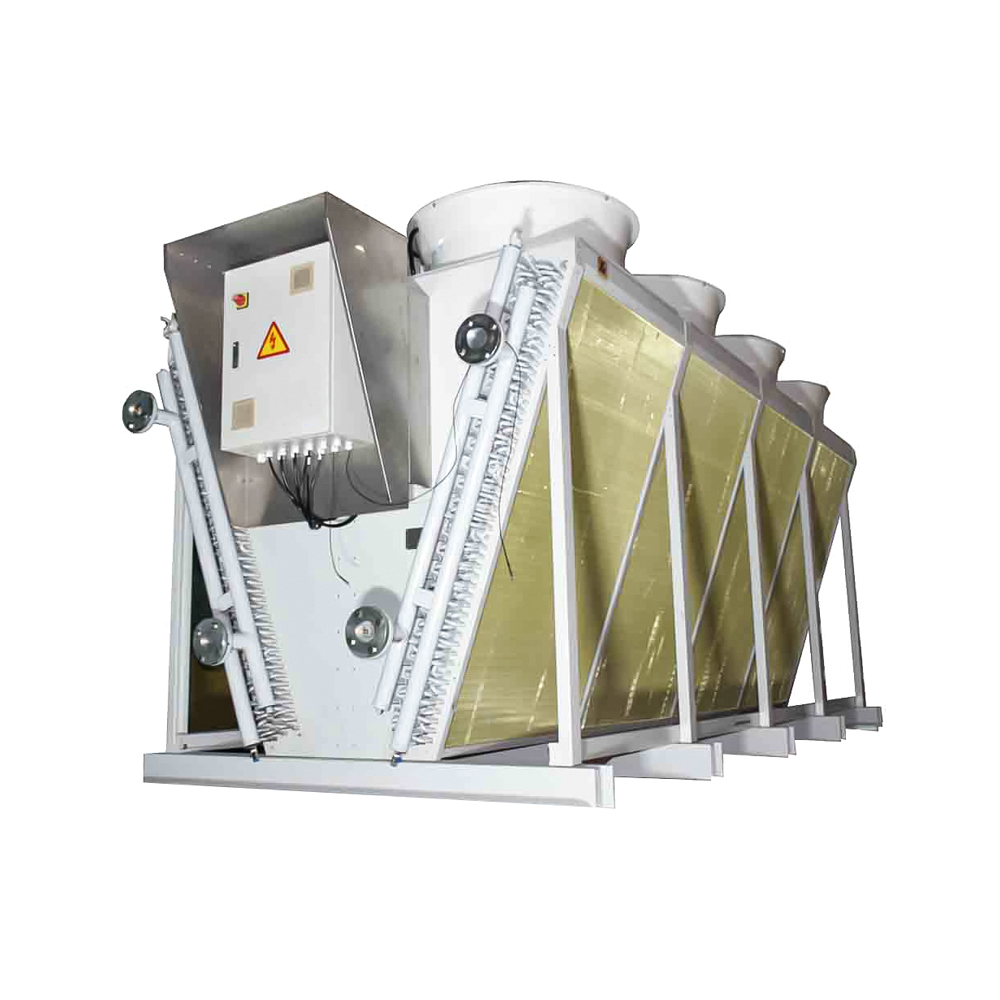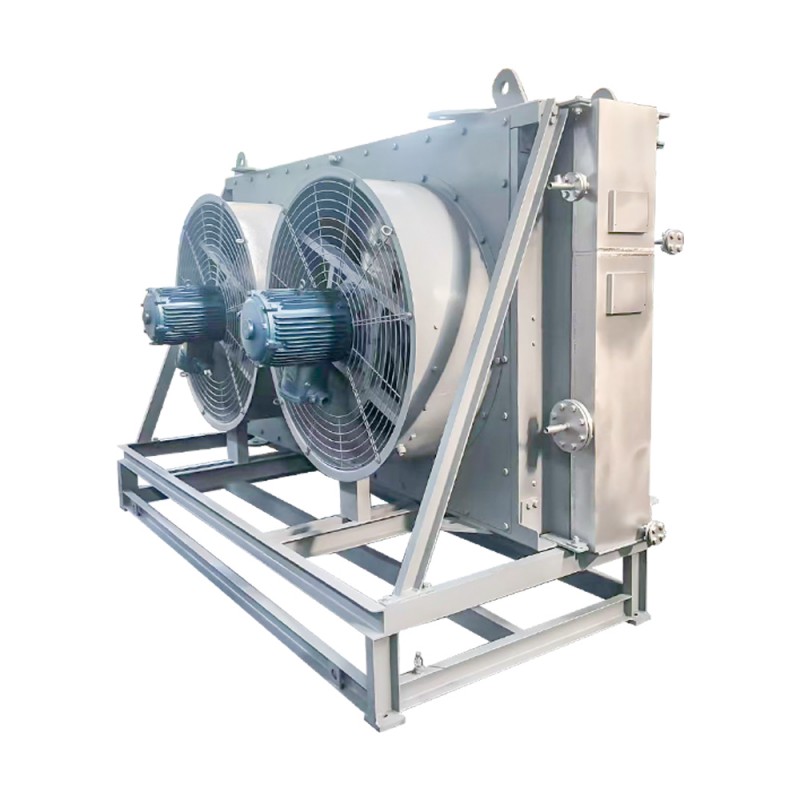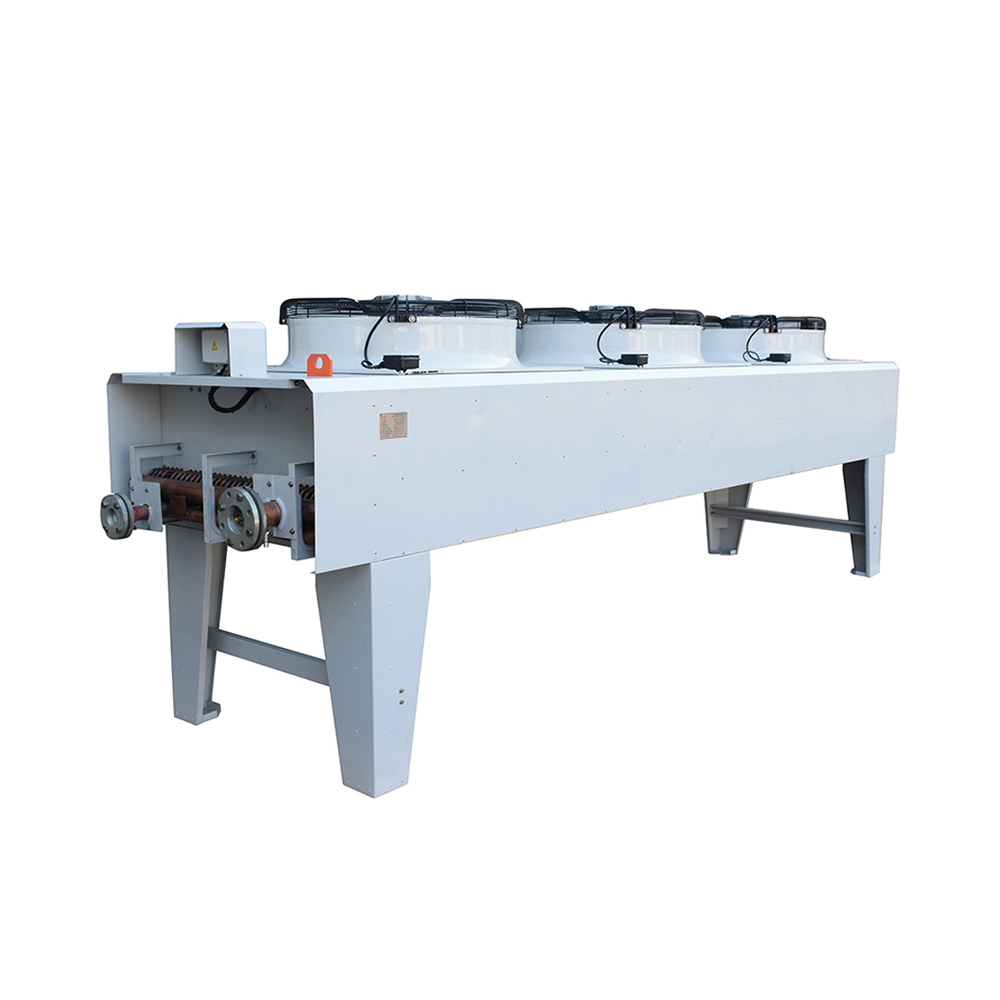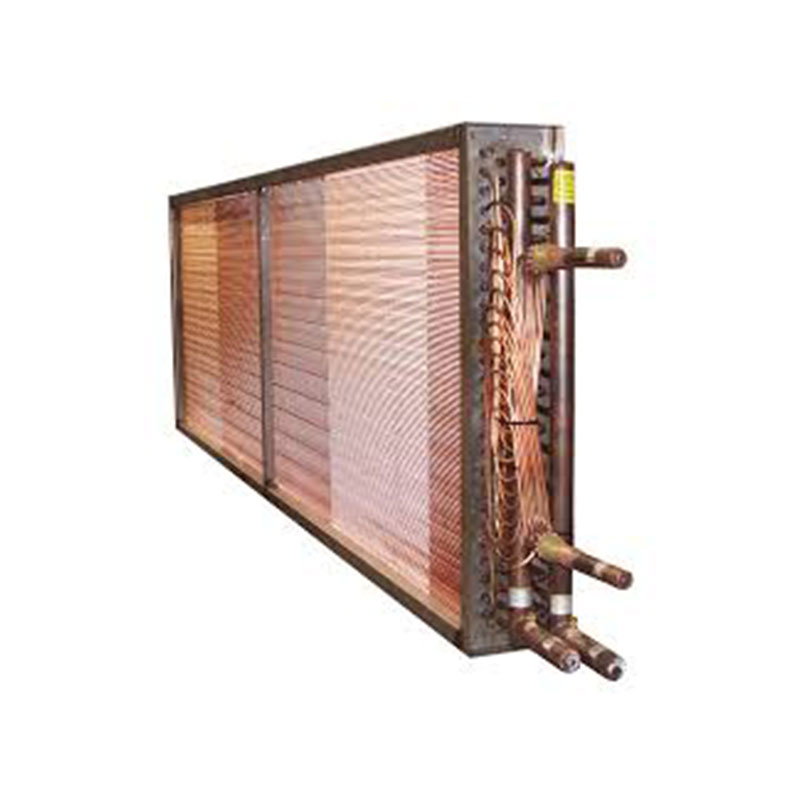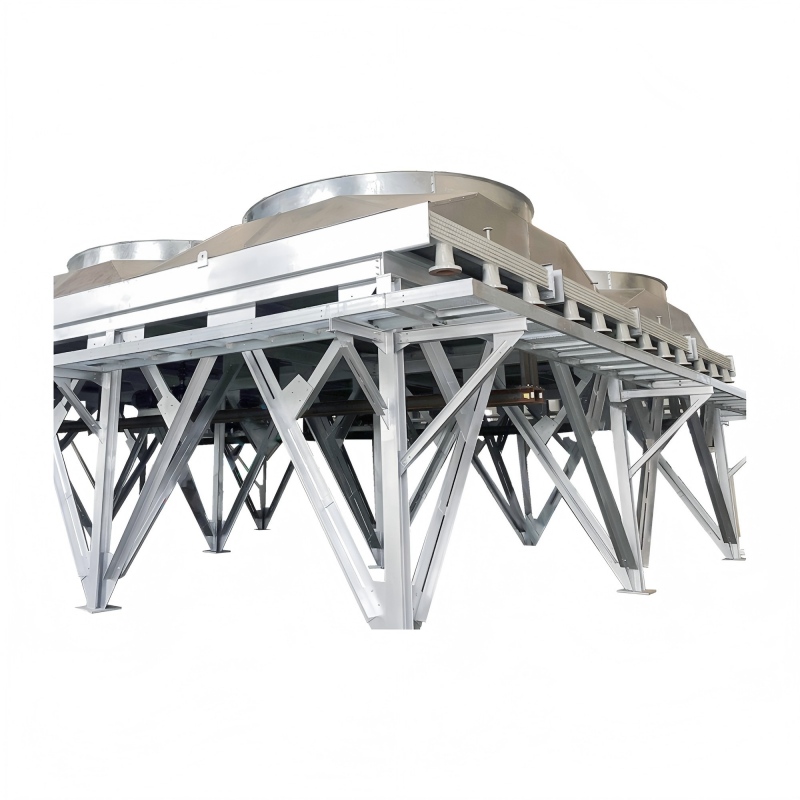This guide provides comprehensive information on selecting the optimal China air conditioning for server room solutions, considering factors like capacity, efficiency, reliability, and cost-effectiveness. We delve into various types of cooling systems, crucial considerations for server room environments, and practical tips for making an informed decision.
Understanding Your Server Room's Cooling Needs
Assessing Heat Load
Accurately determining your server room's heat load is paramount. This involves considering factors such as the number and type of servers, their power consumption (measured in kW), ambient temperature, and the desired operating temperature for your equipment. Overestimating leads to unnecessary expense, while underestimating risks overheating and equipment failure. Use online calculators or consult with a cooling specialist to accurately assess your needs. Remember, consistent cooling is crucial for optimal server performance and longevity.
Choosing the Right Cooling System
Several options exist for China air conditioning for server room applications. These include Computer Room Air Conditioners (CRACs), Computer Room Air Handlers (CRAHs), and precision cooling systems. CRACs are a common choice for smaller server rooms, providing effective cooling and humidity control. CRAHs often integrate with building management systems for larger facilities. Precision cooling units offer tighter temperature and humidity control, crucial for high-density server deployments. The selection depends on factors including the room size, heat load, and budget.
Types of Air Conditioning Systems for Server Rooms
Computer Room Air Conditioners (CRACs)
CRAC units are self-contained systems designed specifically for server rooms. They efficiently remove heat and maintain a stable temperature and humidity level. CRACs are relatively easy to install and maintain, making them a popular choice for many businesses. They offer a good balance between performance and cost.
Computer Room Air Handlers (CRAHs)
CRAHs are typically part of a larger HVAC system, offering flexibility in integration with existing infrastructure. They require a separate cooling source, such as a chiller, and are often preferred for larger server rooms or data centers. CRAHs can offer significant advantages in terms of energy efficiency and scalability but necessitate a more complex installation.
Precision Cooling Systems
Precision cooling systems provide the tightest temperature and humidity control, essential for high-density server environments. They often incorporate features such as hot-aisle/cold-aisle containment to maximize cooling efficiency. While more expensive than CRACs and CRAHs, precision cooling systems are critical for ensuring the reliable operation of sensitive equipment.
Factors to Consider When Selecting a Server Room Air Conditioner
Beyond the type of system, several crucial factors must be considered:
| Factor | Description |
| Capacity (BTU/hr or kW) | Ensure sufficient cooling capacity to handle the calculated heat load. |
| Energy Efficiency (EER or SEER) | Choose high-efficiency units to minimize energy consumption and operating costs. |
| Reliability and Maintenance | Select units from reputable manufacturers with readily available parts and service. |
| Noise Level | Consider the noise output, especially in smaller server rooms. |
| Redundancy | For critical applications, consider redundant systems to prevent downtime in case of failure. |
Finding a Reliable Supplier of China Air Conditioning for Server Room
Selecting a reliable supplier is crucial. Look for manufacturers with a proven track record, a strong reputation for quality, and excellent customer support. Shanghai SHENGLIN M&E Technology Co.,Ltd offers a range of high-quality China air conditioning for server room solutions, designed to meet the specific needs of modern data centers. They combine cutting-edge technology with robust construction to ensure efficient and reliable cooling.
Conclusion
Choosing the correct China air conditioning for server room is a critical decision. By carefully considering your server room's heat load, selecting the appropriate cooling system, and partnering with a reputable supplier like Shanghai SHENGLIN M&E Technology Co.,Ltd, you can ensure optimal performance, reliability, and longevity of your server equipment.









